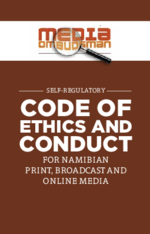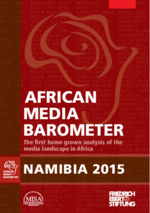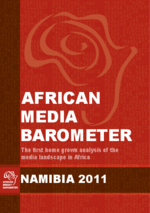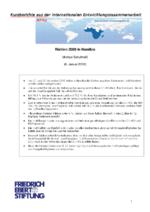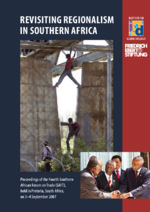-
Login
-
User loginForgot password? Register Technical Support
Enter your username and password here in order to log in on the website
-
-
Topics
-
Education, Work and Digitalization
- Bildung und Wissenschaft
- Arbeit
- Digitalisierung
-
Democracy, Engagement, Constitutional State and Local Politics
- Demokratie
- Engagement
- Rechtsstaat
- Kommunalpolitik
- Displacement, Migration, Integration
-
Gender and Youth
- Gender Matters - Geschlechtergerechtigkeit zählt!
- Jugend
-
History, Culture, Media and Internet Policy
- Geschichte
- Kultur
- Medien und Netzpolitik
-
Labor Unions and Good Work
- International Trade Union Policy
- Gewerkschaften national
-
European Politics
- Souveränes Europa
- Demokratisches Europa
- Wirtschafts- und Sozialpolitik in Europa
- Friedens-und Sicherheitspolitik
- Shaping a Just World
-
Economics, Finances, Ecology and Social Affairs
- Wirtschaft
- Finanzen
- Ökologie
- Soziales
-
Education, Work and Digitalization
- Press

